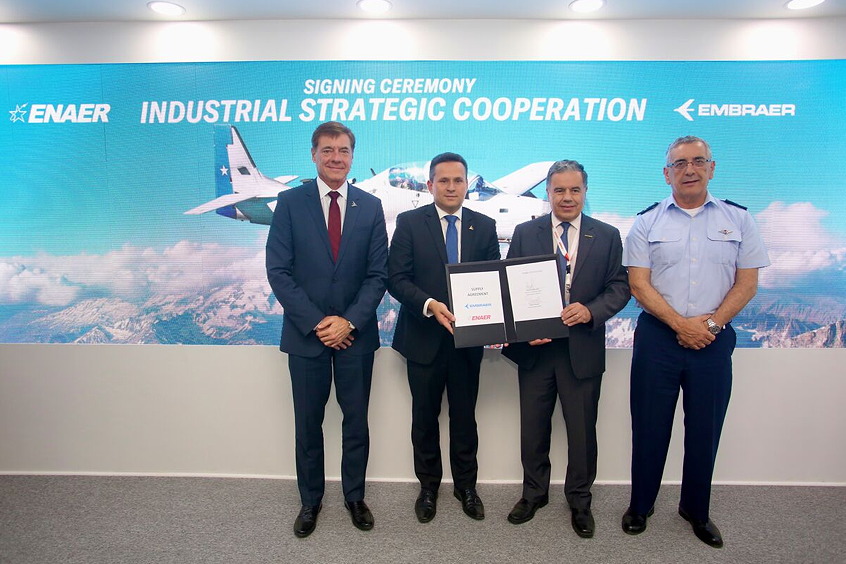The successful testing of Volvo Aero's compressor technology in EU's VITAL environmental project marks a milestone in making commercial aircraft engines lighter and more fuel efficient.
"The testing performed in partnership with FOI at STARCS in Stockholm was a big success, showing that future low pressure compressors can be made much lighter and shorter with the same or better performance," says Torbjörn Salomonson, project manager at Volvo Aero.
VITAL – an acronym for Environmentally Friendly Aero Engine – is a EUR 90 million programme which aims to deliver the technological breakthroughs that will help Europe meet its ambitious environmental goals for 2020. The European goals are 50 per cent lower carbon dioxide emissions, 80 per cent lower nitrogen dioxide emissions and a 50 per cent reduction in noise. VITAL results will provide key stepping stone towards reaching these goals
Volvo Aero has invested heavily in the programme and is playing a leading role. One of Volvo Aero's contributions to VITAL is a high-speed, low-pressure compressor (LPC). The LPC is used as an intermediate compressor and contributes significantly to the total engine weight. Reducing the number of stages not only makes the LPC shorter but also makes other engine parts shorter giving a spin off effect for total engine weight and CO2 reduction.
The low-pressure compressor (LPC) was designed to be 15% lighter than current LPC:s with state of the art efficiency. By increasing the performance of each stage in the LPC the total number of stages was reduced thus saving weight and length. The testing was made to demonstrate that the performance targets were met.
The testing was performed at STARCS (Sjöland & Thyselius Aerodynamic Research Centre AB) compressor research facility in Stockholm in collaboration with Swedish Defence Research Agency (FOI). The heavily instrumented test compressor was driven by a 4.5 MW electric motor and continuously monitored throughout the test.
"The testing has included test procedures for mechanical and aerodynamic behaviour of the test compressor and we are very pleased with the result," says Salomonson, "the experienced and competent personnel at STARCS and FOI enabled the demanding and highly complex test plan to be carried through smoothly."
The test compressor performed as predicted in pre-test simulations.
"We still have a large amount of test data to analyse, but from what we know so far we regard this as a success," says Salomonson.
Facts on VITAL VITAL is a collaborative research project, which will run for four years and aims to reduce aircraft engine noise and CO2 emissions significantly. It has a total budget of EUR 91 million, including EUR 51 million in funding from the European Commission. Snecma is leading a consortium of 53 partners including all the major European engine manufacturers, Rolls-Royce, MTU Aero Engines, Avio, Volvo Aero Corporation, Techspace Aero, Rolls-Royce Deutschland and ITP, plus Airbus.
| Contact details from our directory: | |
| GKN Aerospace Engine Systems | Compressors, Shafts & Shaft Assemblies, Combustion Chambers, Engine Nozzles, Engine Housings, Engine Parts, Turbofan Engines, Exhaust Systems |
| Related directory sectors: |
| Engines |
| Engine Components |
Weekly news by email:
See the latest Bulletin, and sign up free‑of‑charge for future editions.

Bell Mexico delivers 800th commercial aircraft cabin

Chile's ENAER expands cooperation with Embraer

Eve names KAI as supplier for eVTOL pylons
